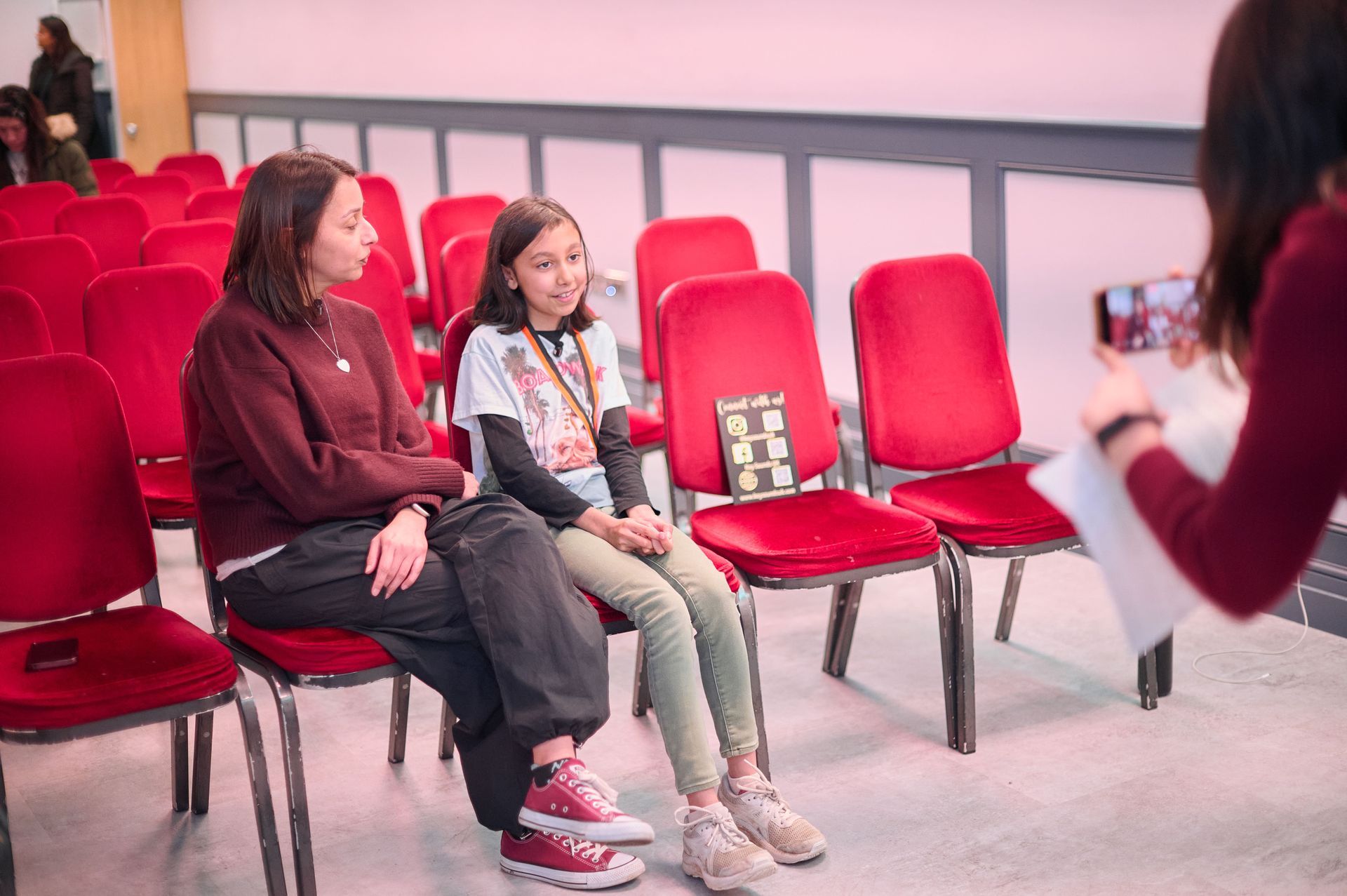ALWAYS WANTED TO PLAY THE PIANO
One of the most frequent things myself and fellow music teachers hear from both our acquaintances and our adult’s students is:
‘I always wanted to play the piano when I was younger.’
This blog posts highlights the key things stopping those who desire to learn and some ideas of how to overcome these challenges.
- Time
When most people picture themselves learning music, they believe it will take them several hours per day of practice.
The beauty of giving it a go as a beginner is that you start with 10-15 minutes per day – if that! The reason being is because small and regular increments are more powerful when music is loaded with information.
As you progress, you will gradually increase the time of your practice sessions and ensure that they are still productive for your given sessions. Once you get to this stage, you’ll have a much better idea of whether music is or isn’t for you as you’ll be spending much more of your time with your instrument.
- Money
Yes and no! Today there are so many resources and instruments which you can buy for a good quality to start out with.
In terms of the instrument itself, some sites we recommend are Gear4Music and Normans. For keyboards, the ones with weighted keys are much more valuable as they will strengthen your fingers faster and both the ‘P’ and ‘B’ range of keyboards and pianos are the most durable too.
There are tonnes of resources and courses you can get started with at a fraction of the cost of hiring a teacher if you are looking to learn online.
A great music theory app: Music Tutor
If you are a beginner feel free to check out our course: https://www.udemy.com/course/piano-for-absolute-beginners/
If you are looking to refresh your music theory knowledge or sit and exam feel free to check out our other course: https://www.udemy.com/course/prepare-for-abrsm-grade-one-and-two-music-theory/
- Commitment
‘I’m not great at committing to something.’
Whilst this may be true for the activities you don’t enjoy after a while; this could be something that you do end up enjoying and can even use as a form of expression.
Use this time to start your musical journey and let us know if you have any questions!
For more tips and tricks follow us on Instagram: @keysoundsuk or Facebook: www.facebook.com/keysoundsuk
The post ALWAYS WANTED TO PLAY THE PIANO appeared first on Key Sounds UK.





